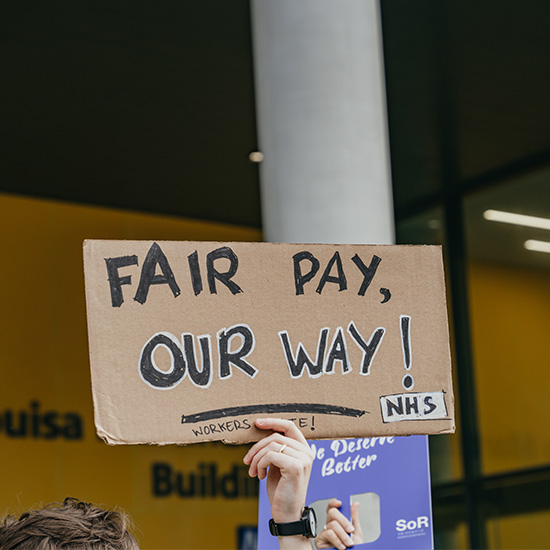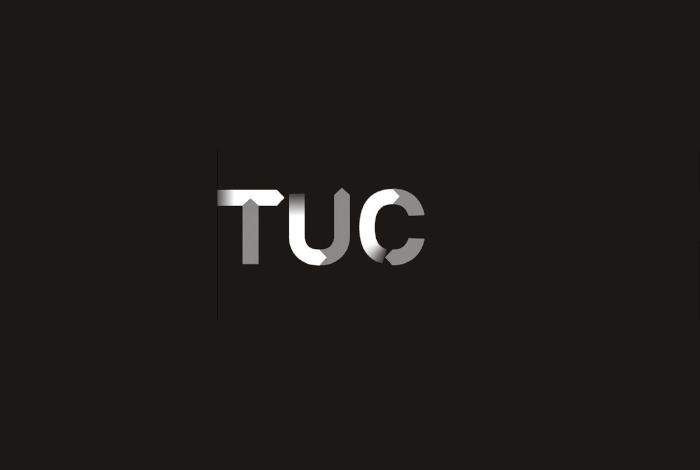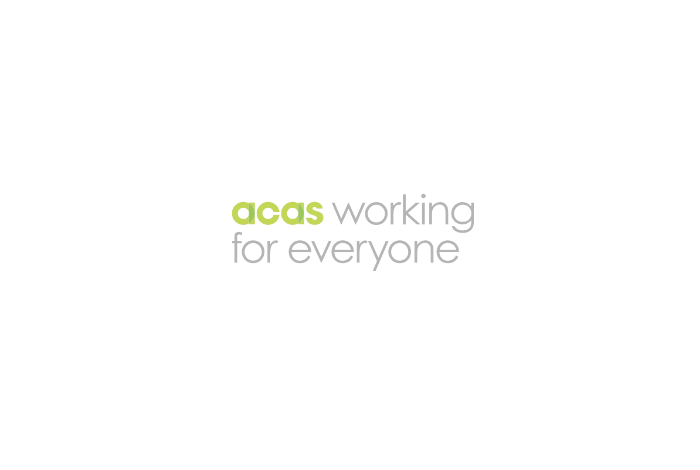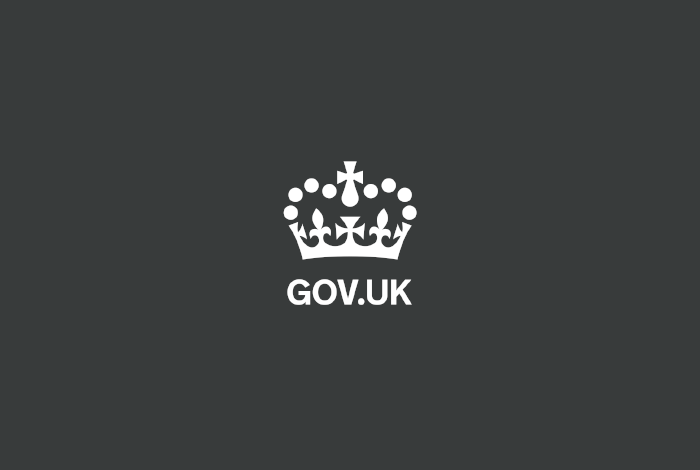Industrial Action Toolkit
Guidance to reps and members explaining strike law; FAQs and essential letters


Guidance to reps and members explaining strike law; FAQs and essential letters


Welcome to the Society of Radiographers Industrial Action Toolkit for all members. This is a generic toolkit to cover all industrial action, whether in the NHS or in the private sector.
To update or add to the FAQs, please email [email protected].
Want to make sure your local MP is aware of the strikes and informed about why Radiographers are striking? Download our "Letter to your MP" document that contains information you can copy and edit before sending to your MP.
Be sure that you are prepared for strike action by downloading our Strike Manual.
Please explore the following FAQs to help prepare you for Industrial Action
For specific guidance on how striking will affect pay, please view Capsticks guidance to NHS trusts, pages 28-31.
Please find additional links below that lead to further information provided by TUC, ACAS, NHS Employers and Gov.uk surrounding industrial action.


NHS Employers' provide a guide for managers handling industrial action
Learn more
ACAS.org provide an overview of what going on Strike means and what is involved
Learn more
Gov.uk's overview of what is involved in taking part in industrial action and strikes.
Learn more